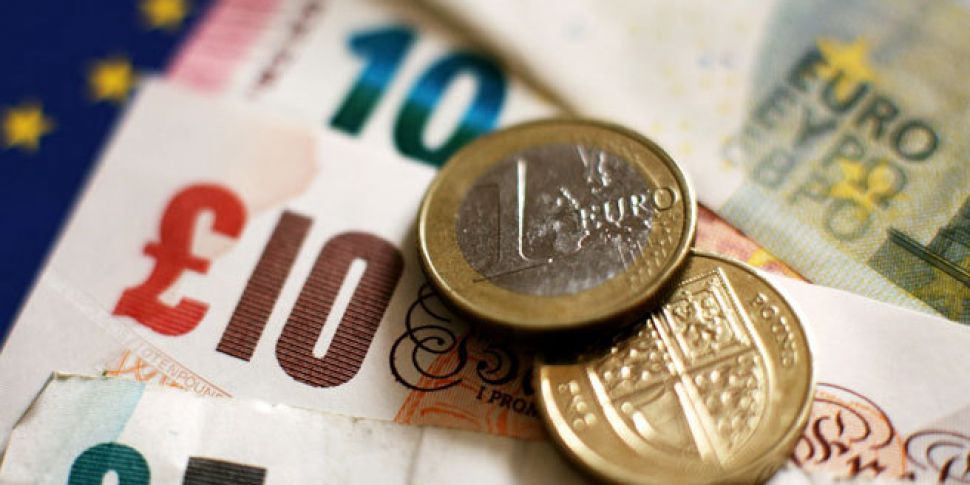The British pound fell below €1.10 for the first time in six and a half years, during trading on Monday.
Sterling has been under pressure since Britain voted to leave the European Union.
The pound has fallen by almost 20% against the US dollar since the Brexit vote, trading below $1.22 and €1.10 on Monday, which is its lowest level against the euro since March 2010, according to data from Thomson Reuters.
The market has also been reacting to speculation that Chancellor of the Exchequer Philip Hammond could step down following a possible rift between he and British Prime Minister Theresa May.
"The pound is behaving like an emerging market currency, with volatile price swings and little sign of stability," according to Kathleen Brooks, research director at City Index.
"Although the Treasury has denied that Hammond will quit his post, it doesn't help to instill confidence in the pound," she said.
Sterling has dropped more than 5% so far this month against the greenback, but is also weaker against every other currency in the G10 group of industrialised nations.
"To put this month's fall into context, the pound is weaker against the majority of emerging market currencies, including the resurgent Mexican peso and the Malaysian ringgit," Ms Brooks added.
The collapse in the pound will lead to higher prices for imported goods - a development that looks likely to put pressure on UK consumers.
Earlier this month, the deputy governor of the Bank of England, Ben Broadbent said that while the pound's plunge was helping support UK growth, Brexit uncertainty could cause an "insidious" hit on the economy.
Mr Broadbent indicated that it was "likely" inflation would rise over the bank's target of 2% over the next couple of years.
The EY ITEM Club said the British economy had been more resilient than expected following the vote to leave the European Union but this picture was deceptive.
It predicts inflation - which has been below 1% for nearly two years - climbing to 2.6% in 2017. The latest inflation figures will be released on Tuesday.









